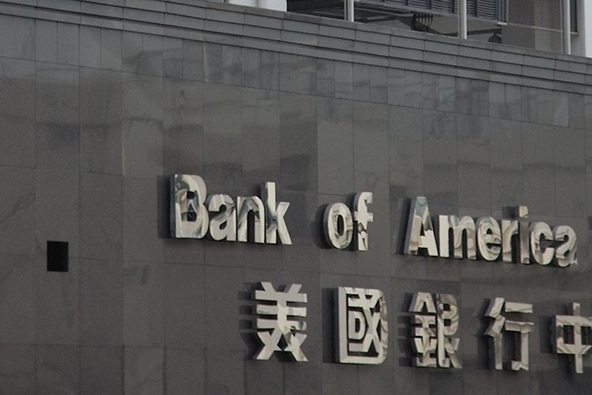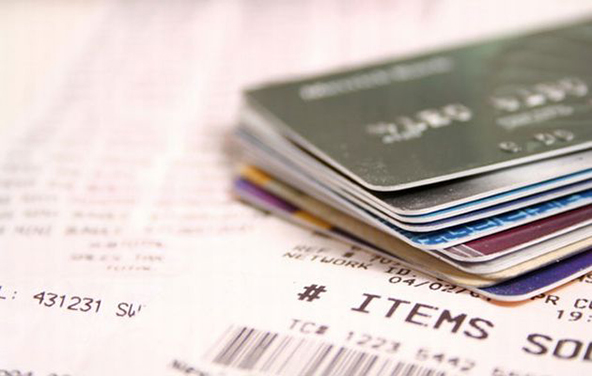How Banks Are Recouping Lost Debit Card Fee Revenue

WSJ’s Dan Fitzpatrick and David Enrich are giving us an excellent report on the progress the nation’s big banks are making toward recouping their huge revenue losses that resulted from the enactment of the CARD Act a couple of years ago and of the Durbin Amendment to the Dodd-Frank financial overhaul legislation last year. The former law placed limits on penalty fees and made it more difficult for card issuers to raise interest rates, while the latter led to the Federal Reserve’s decision to cap the amount issuers could charge merchants for accepting debit card transactions.
The upshot was that banks lost many billions of dollars and they’ve been trying hard to find new revenue streams to offset these losses. So far their efforts haven’t met with much success, to say the least. Last year’s attempt by Bank of America and others to charge a monthly debit card fee led to a huge consumer backlash and was quickly abandoned. However, as we’ve been warning and as Fitzpatrick and Enrich report, that was not the end of the story.
Bank of America’s Strategy
The WSJ’s reporters are focusing their attention primarily on Bank of America, which was hit especially hard by the Durbin Amendment, which cost the bank $2 billion dollars in annual revenue. Additionally, as Fitzpatrick and Enrich remind us, BofA’s 2009 decision to do away with overdraft fees cost the bank another $1.7 billion a year. Overall, BofA’s 2011 revenue was 22 percent ($26.2 billion) lower than 2009’s.
So how is such a huge gap to be closed? Well, BofA is currently testing a pilot program in Arizona, Georgia and Massachusetts, under which its checking account customers are charged a monthly fee that varies by account type. With the exception of the low-end “Essentials” account, the monthly fee for all other types of checking accounts can be voided if certain conditions are met, such as maintaining a pre-defined minimum daily balance, using a linked credit card at least once a month, making a monthly deposit of an amount above a pre-determined minimum, etc. All fees for Massachusetts are listed here.
The way the bank sees it, its strategy would be successful if it achieved one of two objectives. WSJ:
If the plans under consideration work from Bank of America’s perspective, it would either collect more in fees on checking accounts or increase its profitability as customers made greater use of its services. The goal is to be sure “bank products are used?Ǫwhere they achieve profitability,” the bank manager said.
In other words, if customers fail to make profitable (from the bank’s perspective) use of their accounts, BofA will charge them a fee.
Another Durbin Side Effect
But what if customers don’t meet the free-checking requirements and don’t like paying checking account fees? Well, the banks may well be happy to let them go, rather than lose money on them. And it turns out that most existing checking account holders will fall into the money-losing category. WSJ:
J.P. Morgan said Tuesday that 70% of customers with less than $100,000 in deposits will become unprofitable for the bank because of new regulations, such as caps on overdraft fees.
Why servicing customers who are costing you money? And here we come across yet another Durbin side effect. The thing is that the typical unprofitable customer will fall into either the low-income or lower-credit-score category, or both, as the above statement makes clear. Such customers have no money to hold in deposits and / or cannot open credit card accounts (which is another often-used free-checking requirement) to justify their retention, so the banks will not be sorry to see them leave.
Such unwanted customers can, of course, switch to a credit union, but is that really an equally good option? Most credit unions are exempt from the Durbin Amendment, so they have no lost debit card fees to make up for and many of them can afford to charge no monthly fees. But they don’t have the national presence of the big banks and their ATMs are not nearly as omnipresent as the big banks’. And anyway, if the credit unions were really a better option, many of the unwanted big bank customers would not have waited to be kicked out of the banks, before they gave their business to the credit unions.
The Takeaway
As the WSJ report makes plain, the big banks are actively looking for ways to raise revenues and eventually they will succeed. The end result will be that the brunt of the new fees will be borne by the lower-income consumers, which was also the main conclusion of a paper by Joanna Stavins, an economist at the Boston Fed, which examined the potential effects of the Durbin Amendment.
And that was something that was both predictable and predicted by us and others, before the debit fee cap was approved. It didn’t have to come to that, but here we are.
Image credit: Wikimedia Commons.


